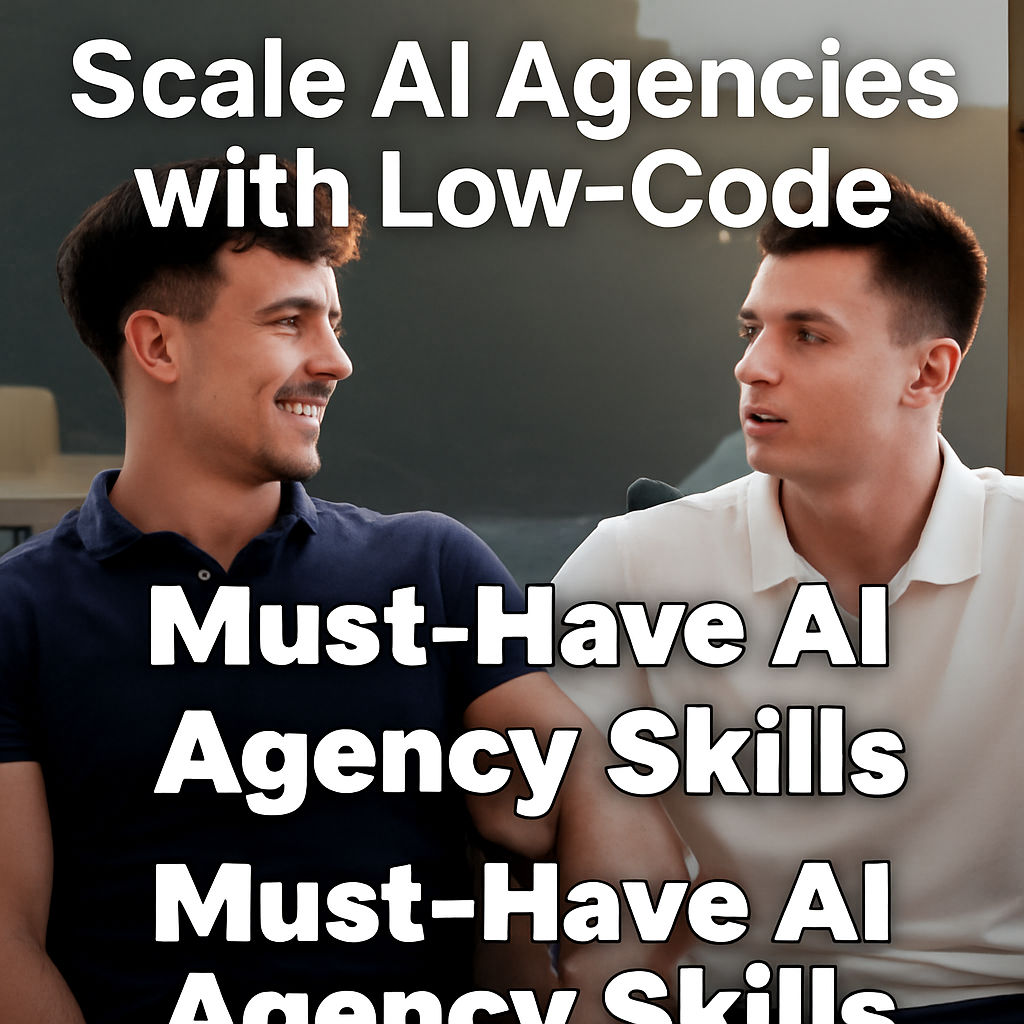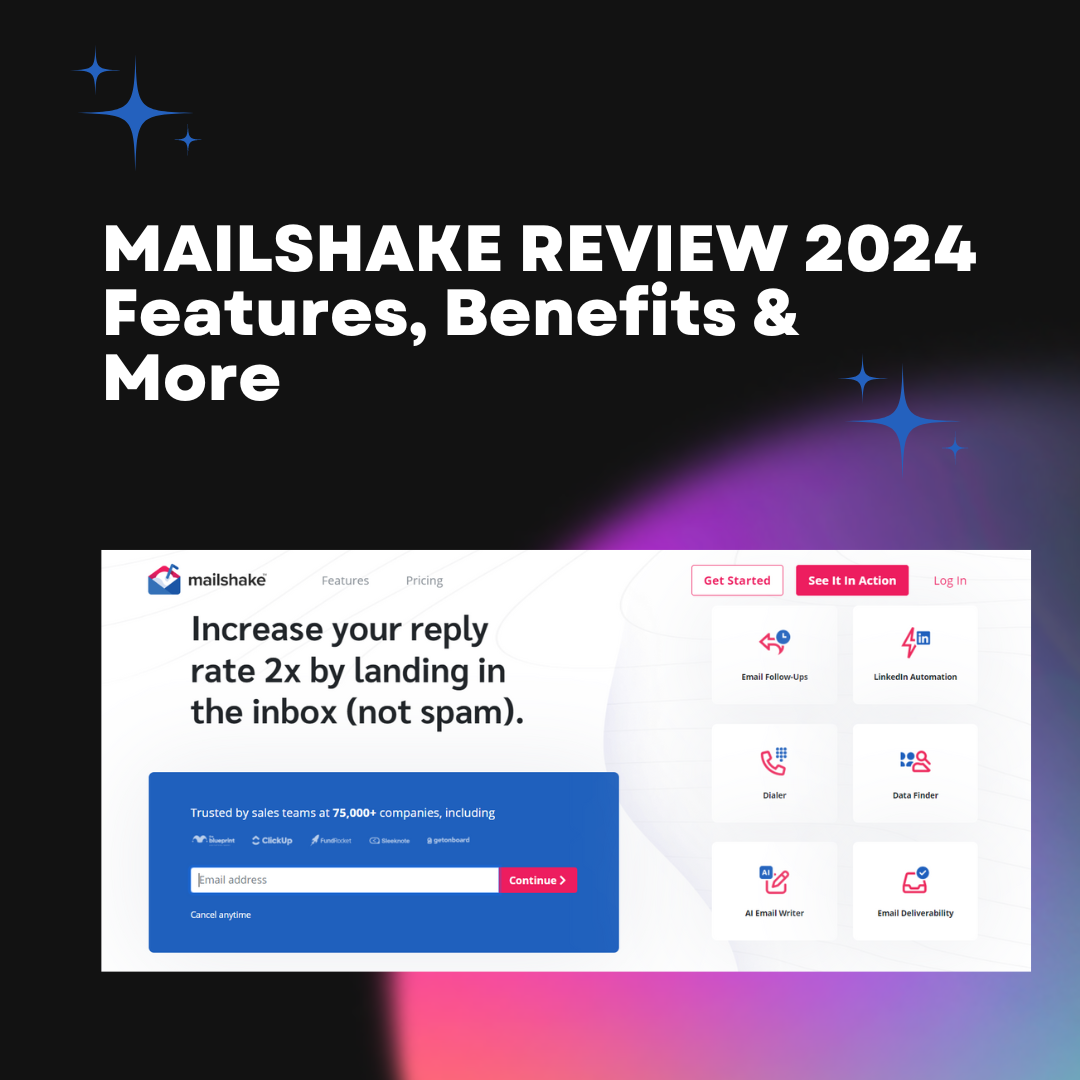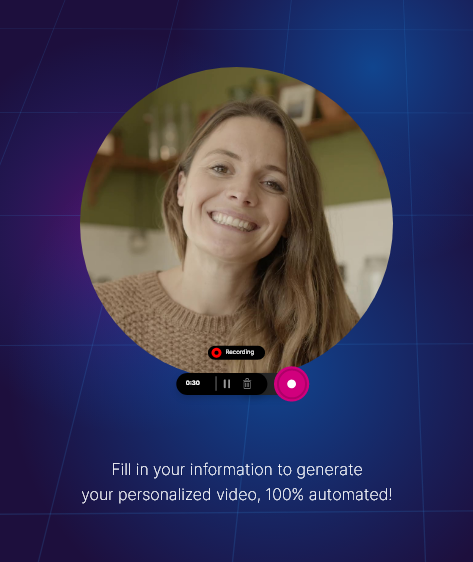Building a successful tech agency in today’s fast-moving AI landscape requires more than technical chops—it’s about having a lean, resilient approach to both selling and solution delivery. For founders and teams navigating low-code tools, the evolution of agency operations is especially exciting and full of opportunity. In this deep dive, we’ll explore how non-technical founders can leverage low-code platforms, APIs, and smart collaboration to build, scale, and manage high-impact tech projects. We’ll also uncover the core skill sets essential for agency growth, highlight lessons learned, and provide pragmatic tips to help you level up your offerings in the AI and automation space.
Based on the original video:
The Foundation of a Thriving Tech Agency: Sales and Building Expertise
At the heart of any tech agency’s success lies a team that brilliantly covers both the selling and the building side. In this context, each co-founder brings distinct but equally critical strengths: one spearheads sales, driving growth and managing client relationships; the other leads operations and technical execution. This balanced approach ensures not only client acquisition but also the ability to deliver and iterate complex solutions efficiently.
One interviewee shares: “To build a successful tech business, you need two things in place: a skill set for selling and a skill set for building.” This dual expertise forms your business backbone, allowing agency founders—even those without a development background—to cultivate operational excellence.
Breaking into the AI Space: The Power of Low-Code Tools
Many aspiring agency builders believe coding is a prerequisite for delivering AI-powered solutions. Yet, as demonstrated by founders with no coding background, you can carve out a niche by mastering low-code tools. Starting with solutions like chatbots, even on platforms such as Voiceflow, enables rapid prototyping and delivery of tangible business value without deep software engineering knowledge.
When launching their agency, the founders started by exploring every major low-code tool on the market. This hands-on experimentation paved the way for:
- Building chatbots for website FAQs
- Integrating chatbots with Instagram DMs and Facebook Messenger
- Connecting automation tools directly to booking flows
This approach allowed them to quickly deliver client-facing solutions and gather feedback, solidifying their value proposition from day one.
Key Takeaway: Visual Thinking Accelerates Learning
Non-technical founders often excel at seeing the big picture. By visualizing workflows and mapping out logic, you can bridge the gap between business needs and the technical execution needed in AI projects.
APIs: The Cornerstone of Effective Digital Solutions
While low-code and no-code tools lower the barrier to entry, building robust solutions that solve real business problems requires understanding how systems integrate—and that’s where APIs come in.
In the early projects, the team had to connect chatbots to Instagram at a time when tutorials were scarce. They shared their API integration process and even released free tutorials, emphasizing a growth mindset rooted in knowledge sharing and real-world problem solving.
According to the founders, successful project builds consistently hinge on these four cornerstones:
- Mapping project logic
- Mastering effective prompt engineering
- Structuring and managing knowledge bases
- Integrating with APIs for cross-platform utility
That API fluency lets you move beyond surface-level results and tap into real business value: updating CRMs, triggering sales outreach, automating handoffs, and much more.
Low-Code Tools Are Still Viable for Agency Solutions
Even as the market matures, understanding how to wield low-code platforms and basic APIs remains key. Founders note that even without being able to code from scratch, simple proficiency in JavaScript basics (such as if-else statements and variables), combined with smart use of ChatGPT as a coding assistant, empowers agencies to solve client problems and prototype rapidly.
As your agency scales, adding skilled developers becomes necessary for advanced builds—but the foundational expertise in low-code and APIs makes you significantly more effective when managing technical teams and client projects.

Learning from Practice: Failures, Feedback, and Iteration
Scaling an AI agency is rarely a straight path. Interviewees share candidly about initial failures—delivering solutions that “came back as ass” in client testing. Instead of setbacks, these become vital learning experiences. Each iteration sharpens your project scoping, testing, and delivery process, and fuels long-term capability-building.
This philosophy is echoed by seasoned agency leaders everywhere: Deliver, test, iteratively improve. Over time, you’ll build not just technical solutions, but also a robust process for project delivery that can withstand higher stakes with enterprise clients.
Technical Literacy Empowers Management and Sales
Gaining a baseline understanding of JavaScript, JSON, and API functions isn’t only for the technical lead: it’s essential for managing teams and clients. The ability to communicate requirements clearly, break down solutions, and scope projects accurately leads to better hiring, smooth internal handoffs, and confidence during the sales process.
Many agencies find that offering staff and clients a “technical crash course” tailored to their projects enables everyone—from sales to operations—to contribute meaningfully to solution-building, regardless of their coding background.
Scaling the Agency: Building Teams and Taking on Complex Solutions
The progression from solo builder to managing a technical team marks a pivotal stage for any agency:
- Started as a solo operator, handling all builds internally
- Expanded to five direct reports and a seven-developer cohort
- Brought in multiple full-stack developers for advanced AI and integration projects
This transition is driven by both the increasing complexity of client demands and the realization that many integration tasks require more than just AI; core software engineering best practices matter too.
Modern enterprise projects require:
- Deep knowledge of existing infrastructure (CRMs, sales systems, databases)
- Advanced API integration and testing frameworks
- Thorough validation before implementation to avoid costly mistakes
Agencies that succeed at this stage are not just technical—they’re masters at process, team management, and client education.

Learning to Visualize Large-Scale Architectures
One of the founder’s superpowers is visual thinking. By mapping out the flow of integrated systems, they steer technical teams without micromanagement. Understanding project dependencies, endpoints, and data flows enables non-coders to effectively direct, delegate, and refine complex implementation projects.
Core Skills for Every Modern Agency Builder
Whether you run a small consulting shop or a rapidly scaling automation firm, a few skills are central to your survival and growth:
- Project logic mapping: Breaking projects into modular, manageable components
- API fluency: Understanding how to connect, automate, and move data between platforms
- Iterative delivery: Embracing feedback loops and rapid improvements
- Team and client communication: Mastering technical literacy to bridge business and development
As emerging technologies make integration and automation more accessible, agencies that prioritize these capabilities will continue to outperform those relying solely on technical or sales prowess.
Scaling Beyond Low-Code: When to Bring in Advanced Developers
Low-code tools unlock the first rung of agency-building—allowing quick delivery of chatbots, forms, and basic automations. But as you climb, client requirements inevitably demand:
- Custom integrations with legacy systems
- Enterprise-grade security and reliability
- Advanced data engineering and AI model tuning
At this point, supplementing your team with full-stack and specialist developers is not just helpful—it’s indispensable for continued growth. Yet, even then, your baseline technical understanding remains your guide: shaping project scope, ensuring quality, and keeping communication across teams seamless.
For more hands-on frameworks and mindset shifts around offering premium tech services, check out our actionable guide: 6 Proven Strategies for Raising AI Agency Prices. This resource is tailored for agencies seeking to understand value and confidently position higher-rate solutions.
Best Practices for Building and Selling Tech Solutions as an Agency
As your agency grows in sophistication, a few best practices will set you apart:
- Document repeatable processes for onboarding, delivery, and feedback cycles
- Educate your staff and clients on the basics (JavaScript, APIs, JSON, etc.)
- Adopt a “teach-first” mentality for client enablement and internal upskilling
- Leverage feedback loops to make project iterations a feature, not a bug
- Balance innovation and reliability—move fast, but always validate before deploying with real clients

Real Agency Growth Is About Iteration and Team Learning
What eventually separates high-growth agencies from the rest isn’t just technical brilliance—it’s their resilience, adaptability, and the humility to continue learning from every project, conversation, and client interaction. As project size and complexity increase, stakes rise, gaps appear, and opportunities for growth multiply. By embracing failures as valuable lessons and maintaining clear vision across technical and sales efforts, today’s agencies can lead the next wave of AI-powered transformation.
Frequently Asked Questions (FAQ)
What foundational skills do non-technical founders need for tech agency success?
While software development isn’t mandatory, non-technical founders should focus on mastering logic mapping, prompt engineering, API integrations, and the basics of JavaScript and JSON. This foundation empowers them to manage projects effectively and collaborate with technical teams.
Are low-code and no-code tools still relevant for building client solutions in 2025?
Yes—low-code and no-code platforms remain valuable for rapid prototyping, basic automations, and delivering smaller-scale solutions. Understanding how to extend these tools with APIs and lightweight coding helps agencies tackle more complex needs without heavy development resources early on.
When should an agency start hiring full-stack or specialist developers?
Once client projects require advanced integrations, custom software, or enterprise-grade reliability, it’s time to bring in dedicated full-stack or domain-specific developers. However, founders with baseline technical knowledge will better manage and direct these specialist resources.
How important is technical education for sales and client-facing staff?
Technical literacy is crucial for all team members—especially those in sales and client management—to accurately explain, sell, and scope digital solutions. Educating staff on technical fundamentals enables clearer communication and higher project success rates.
What are some key best practices for scaling a tech agency?
Successful agencies document their processes, foster internal education, embrace iterative delivery, and develop strong communication channels between business and development teams. This operational discipline enables consistent growth and high-value project delivery.







